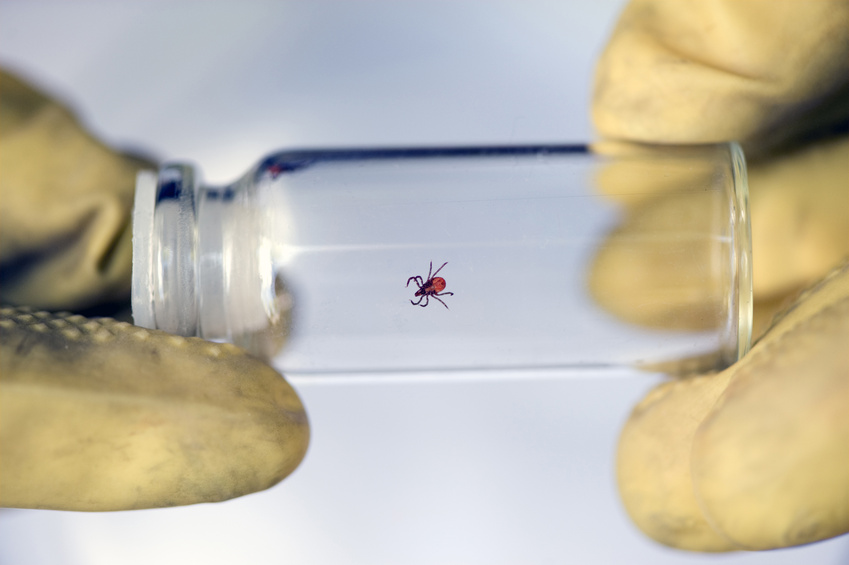 Do you want to help scientists with their research? From time to time, researchers put out calls for volunteers to assist them with their projects. Whenever I come across an opportunity for Canadians to participate in tick-borne illness research, I add it to the list below.
Do you want to help scientists with their research? From time to time, researchers put out calls for volunteers to assist them with their projects. Whenever I come across an opportunity for Canadians to participate in tick-borne illness research, I add it to the list below.
If you are aware of any relevant Canadian citizen science projects not listed below, please use the contact form to send me the details.
Updated May 10, 2025
eTick.ca Photo Submission Platform
You can submit photos of your ticks to the eTick.ca photo submission platform for expert identification. An eTick app is available on Apple's App Store and GooglePlay, so you can now submit a photo in real-time. The growing dataset will benefit scientific research.
G. Magnotta Lab Tick Donation Program
The G. Magnotta Lyme Disease Research Lab at the University of Guelph invites Canadians over the age of 18 to participate in a research study on Canadian ticks. Simply fill out a consent form and an online tick submission form then mail your tick in to the lab where it will be investigated for pathogens in an effort to gain a better understanding of disease-causing organisms in this country.
Geneticks Canada
Private lab Geneticks Canada offers paid tick identification and testing services for anyone who wishes to have a tick tested and receive results quickly. It also allows Canadians to send in ticks for research purposes for no fee. There is no guarantee that your tick will be tested or that you will receive a report back promptly, but you will have the satisfaction of contributing to science.
iNaturalist Canada
Strictly speaking, not a tick tracker, but the iNaturalist citizen science platform gives users an opportunity to report tick sightings and upload photos, which researchers can then use to monitor species distribution.
New Brunswick Tick-Proofing Project
Public assistance in research initiatives is solicited by the New Brunswick Tick Proofing Project on an ongoing basis and opportunities vary depending on research needs. Currently, submissions of cat-caught small mammals and birds are being sought from the public. Hunters are also asked to submit meat donations from recent kills.
Queen's University Online Survey: Tick Bites
If you are Canadian, over 18 years old, and have been bitten by a tick, Emilie Norris-Roozmon, a graduate student in the biology department at Queen’s University, is inviting you to fill out an online survey describing your symptoms, experiences with healthcare practitioners, and any diagnoses you may have received in relation to your tick bite.
Janet Sperling, Tick Researcher, University of Alberta
Anyone can submit ticks that will be used in microbiome research. Send email to get details.
St. Michael's Hospital & Canadian Lyme Disease Research Network
If you have or have had Lyme disease, are a family member or caregiver of someone who has, a healthcare practitioner, Lyme disease researcher or policy maker, you are invited to participate in a 1-hour phone or Zoom interview to share your experiences, perspectives, diagnosis, treatment and management of Lyme disease in Canada.
Tick Tracker App
This mobile app enables users to report tick encounters and upload photos. Canadians can contribute ticks and view reports for their area.
Yukon Winter Tick Monitoring Project
The Yukon government and the University of Toronto have teamed up on this project designed to monitor winter tick populations in the Yukon. While winter ticks don't bite humans or pass along diseases to us, they can have a significant impact on deer, moose, elk and caribou populations. If you are a moose or caribou hunter in the Yukon, your input can be instrumental in helping researchers better understand the situation in your region.
